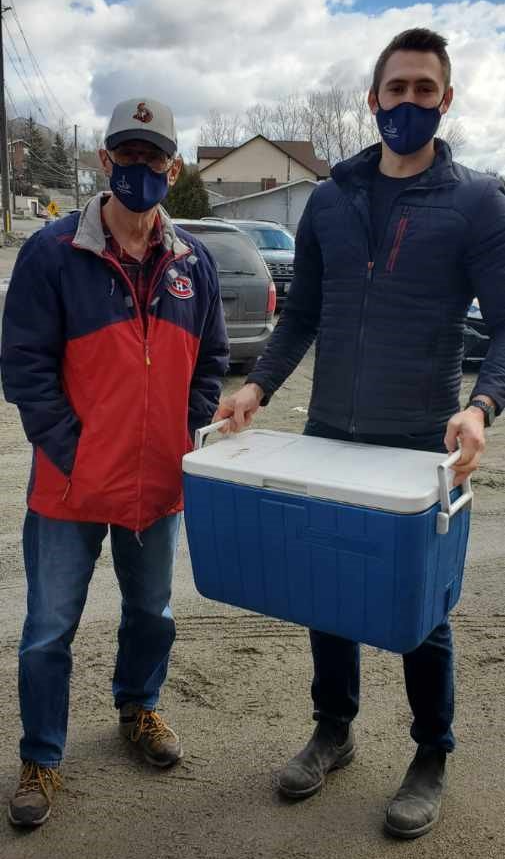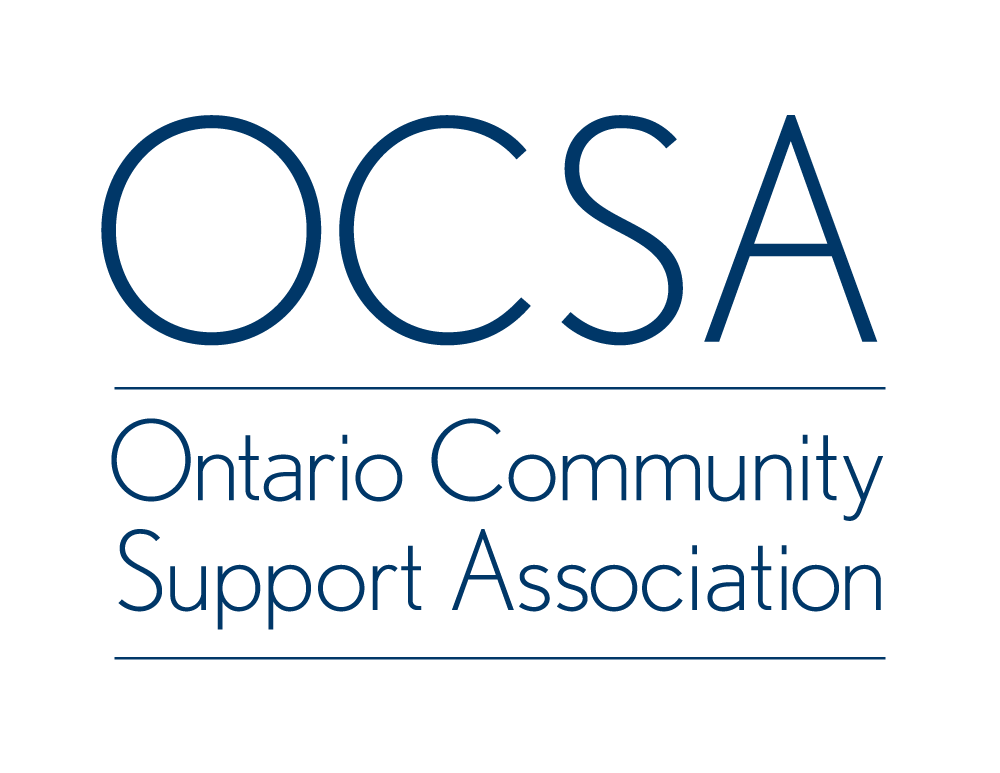By Karla Sealy
•
January 16, 2026
Ottawa, Ontario – [January 14, 2026] — The Ontario Community Support Association (OCSA) is calling on the provincial government to prioritize sustained investment in Home Care and Community Support Services in the 2026 Ontario Budget. Without action, seniors will lose essential services and hospital emergency rooms will face even greater pressures. Appearing today before the Standing Committee on Finance and Economic Affairs, OCSA CEO Lori Holloway highlighted that community-based care is a cornerstone of Ontario’s health system—keeping people healthy at home, enabling them to age with dignity and preventing unnecessary hospital and long-term care admissions. “Without new investment in Community Support Services, seniors will lose meals and personal care services, caregivers will lose day programs for their loved ones, and hospital beds will fill up as more people are stuck waiting for care that should be delivered at home,” said Holloway. OCSA represents more than 200 not-for-profit home care and community care providers across Ontario, delivering services such as high-needs home care, Meals on Wheels, assisted living, transportation to medical appointments, adult day programs for people living with dementia, and respite supports for caregivers. While the province has made recent investments in home care expansion, OCSA emphasized that these gains are fragile if the community supports that enable people to remain safely at home are allowed to erode. Community Support Services account for less than two per cent of Ontario’s total health budget, yet received no funding increase in Budget 2025 . As a result, many providers are already planning service reductions or facing difficult decisions, including reducing meal delivery routes, limiting day programs and respite services, scaling back transportation programs, and closing adult day programs for part of the week. In turn, service reductions will place additional strain on working caregivers, 69% of whom are experiencing burnout and nearly half of whom are considering leaving the workforce to care for their loved ones. “These are not abstract risks,” Holloway said. “They are real service reductions being planned right now in communities across the province.” When community supports are unavailable, patients end up in hospital and/or remain in hospital beds longer—not because they need acute care, but because the services required for safe discharge do not exist. A hospital Alternate Level of Care (ALC) bed costs approximately $730 per day , compared to $103 per day for home and community care. Ontario’s aging demographics make the issue increasingly urgent. Nearly one in five Ontarians is now over the age of 65 , and the senior population is expected to grow significantly over the next decade. OCSA is urging the government to immediately: Sustain home care through a renewed multi-year investment of $442 million investment annually, and predictable funding; Invest $150 million annually to stabilize Community Support Services and prevent service cuts; and Address workforce shortages by closing the wage gap facing community health workers, who earn 23 to 46 per cent less than their hospital counterparts. “Ontario cannot build its way out of an aging population with hospitals and long-term care beds alone,” Holloway said. “Care delivered at home and in the community is where people want to be, and it is the most cost-effective and compassionate approach for the health system.” About the Ontario Community Support Association The Ontario Community Support Association represents more than 200 not-for-profit organizations providing home care and community support services across the province. OCSA members deliver essential services that help people live independently, age at home, and reduce pressure on hospitals and long-term care. For more information visit www.ocsa.on.ca or @OCSATweets For media inquiries please contact: Karla Sealy (she/her) Manager of Communications 416-256-3010/1-800-267-6272, ext 242 karla.sealy@ocsa.on.ca







